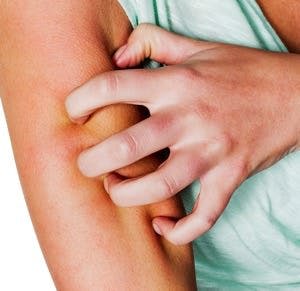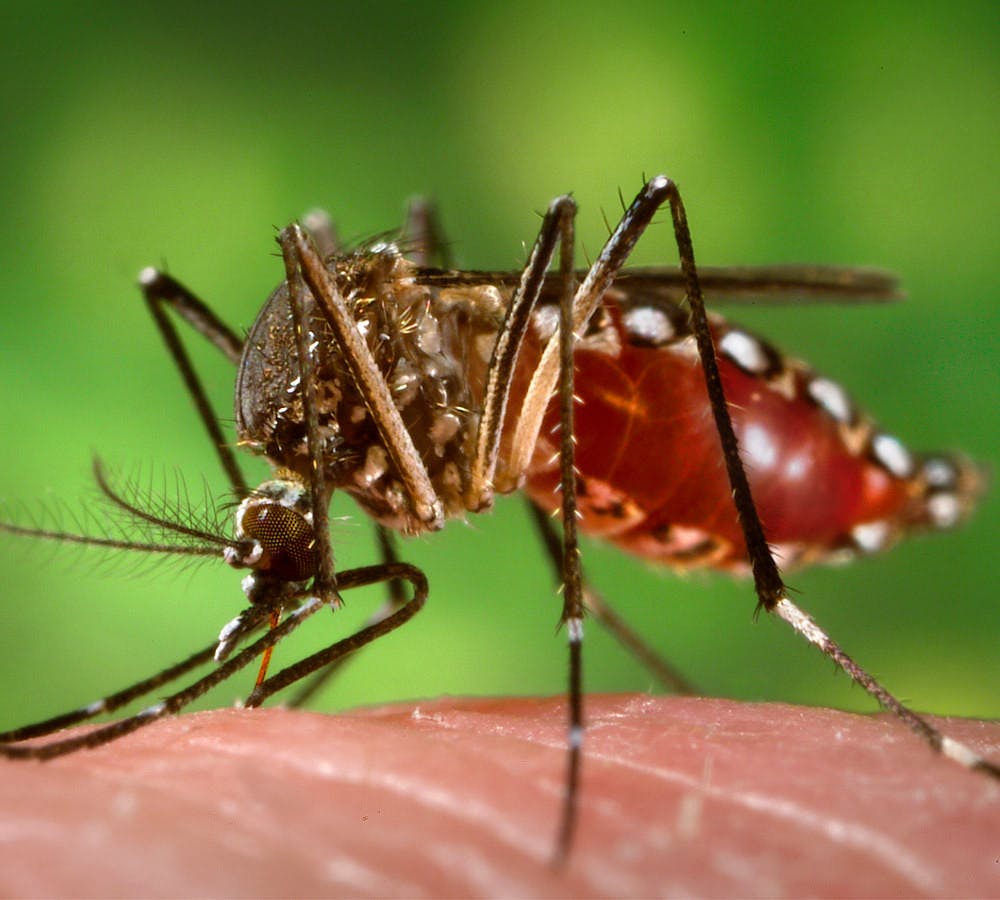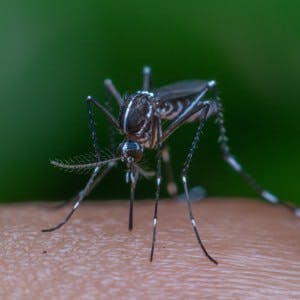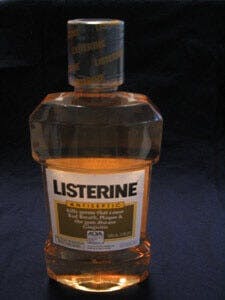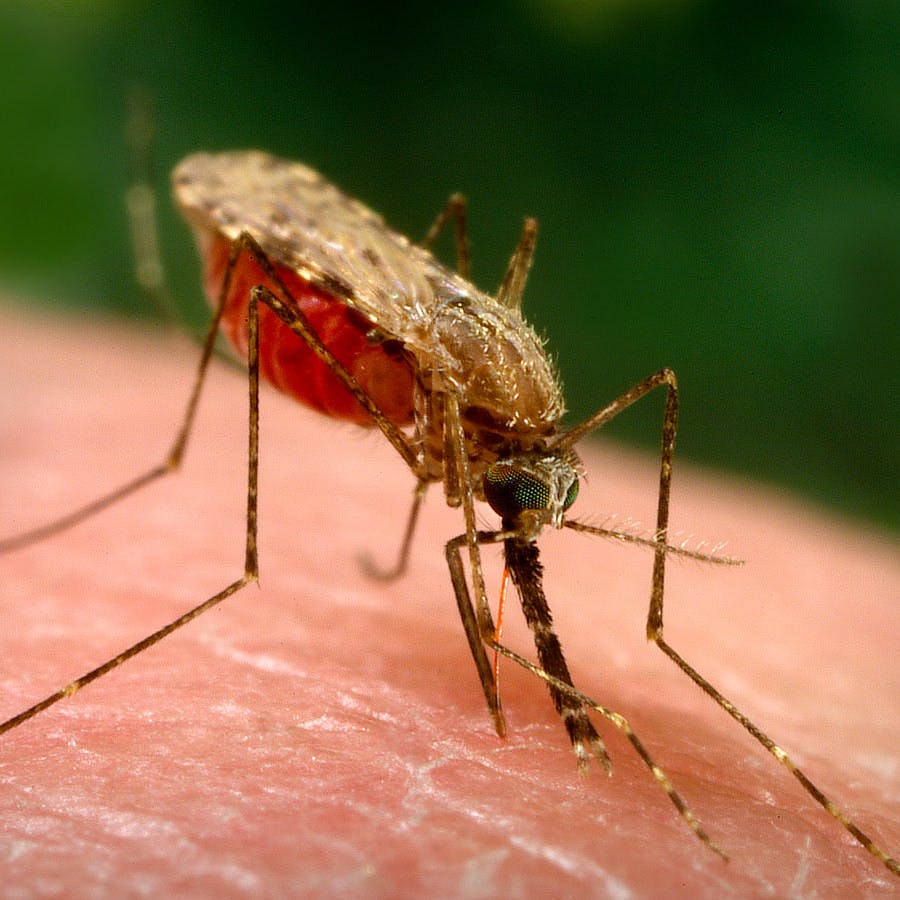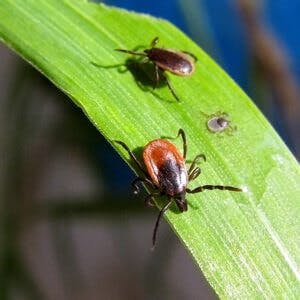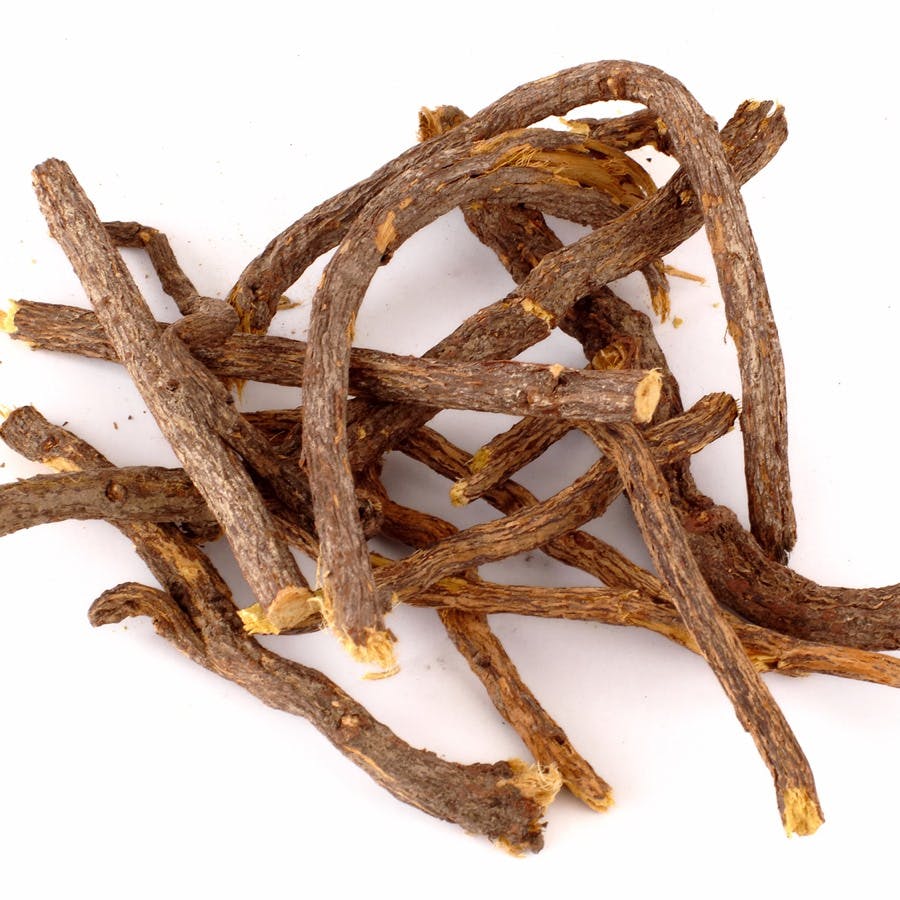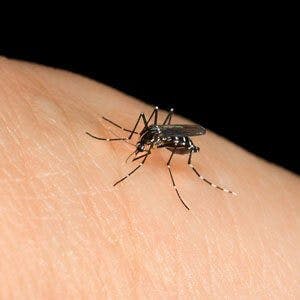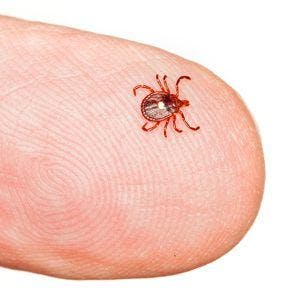Articles categorized as Bites Mosquitoes Flies Chiggers
Avoiding Mosquito Bites Naturally
For decades, applying DEET has been the principal method for avoiding mosquito bites. Now scientists have developed other options.
Bug Bites that Blister Respond to Hot Water
What do you do when you have really itchy bug bites? OTC anti-itch creams are not always that effective. You may be surprised how well hot water works.
The Right Clothes Can Protect You from Ticks
When venturing out into tick territory, wear the right clothes: long sleeves and long pants coated with permethrin. This can deter ticks and reduce the risk of bites.
Will Coconut Oil Protect You from Mosquitoes and Ticks?
A reader reports success using coconut oil on the skin to repel mosquitoes and ticks. There is a little science to support its use against tick bites.
Can You Make Mouthwash Double as Bug Spray?
One reader has found that old-fashioned amber Listerine can serve as a bug spray to keep mosquitoes and ticks from biting.
How Can You Keep Mosquitoes Away?
To keep mosquitoes away, you need a good repellent. DEET works, but it also can melt plastic. Picaridin and oil of lemon eucalyptus could be alternatives.
Ticks and Mosquitoes Responsible for More Disease
Diseases spread through the bites of ticks and mosquitoes have become three times as common in the last dozen years, according to the CDC.
Licorice Oil Calms the Heat of Fire Ant Stings
Licorice oil applied to cold sores, stings, burns and bites helps ease the pain and speed healing.
Who Is Right About the Best Mosquito Repellent?
Finding the best mosquito repellent can help you avoid infection with West Nile virus from mosquitoes or Lyme disease (carried by ticks).
Tick Bite Leads to Scary Allergy
A bite from a lone star tick can lead to a scary allergy to mammalian meat–beef, pork, lamb, rabbit, venison, and more–that could be a medical emergency.


